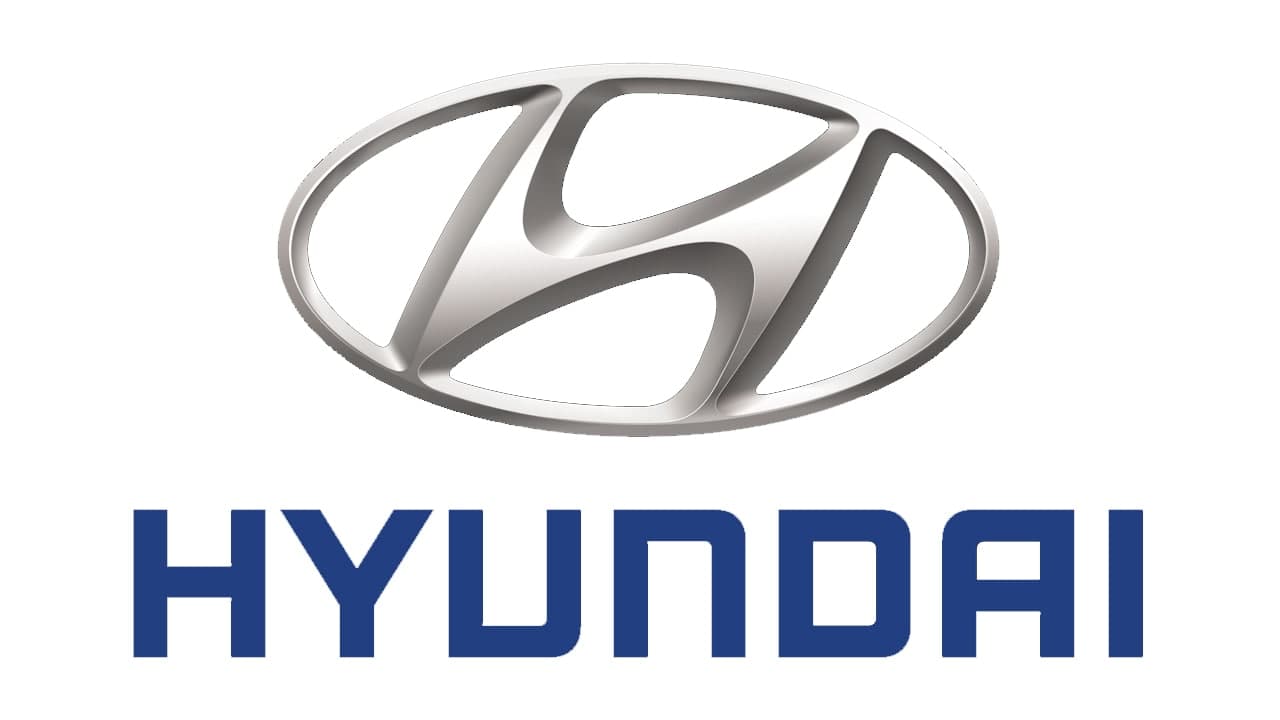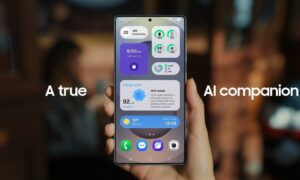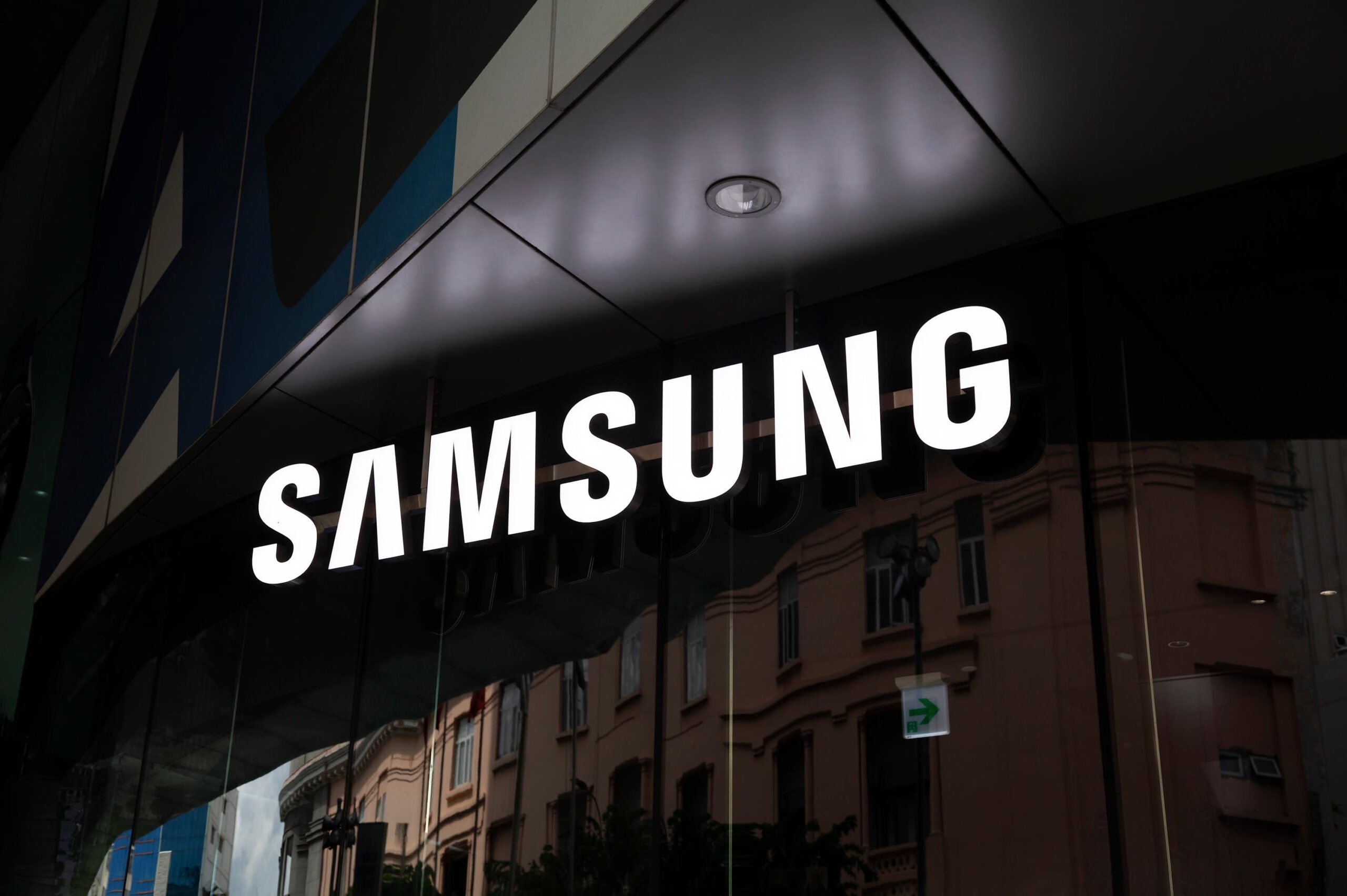Hyundai Motor CEO Jae-Hoon Jang said in-vehicle shipments are caused by the global semiconductor supply and demand shortage. We are actively responding to market demand by optimizing semiconductor distribution and developing alternative components to maximize supply.
Join tip3x on Telegram
Moreover, regarding the stabilization strategy of the semiconductor supply chain, Jae-Hoon Jang explained that in order to ensure stable supply, cooperation with global semiconductor companies will be strengthened, and in the medium and long term, the number of parts will be reduced and its versatility will be expanded.
 “We will also restructure the supply chain system to achieve stable production operations, such as dual procurement of core components and expansion of localized production,” added Jae-Hoon Jang.
“We will also restructure the supply chain system to achieve stable production operations, such as dual procurement of core components and expansion of localized production,” added Jae-Hoon Jang.
It was previously reported that Hyundai Motor is conducting tests to determine whether home appliance IC controllers can replace existing automotive chips. The source pointed out that the chip Hyundai is replacing is not for the main system, but for accessory functions, so it can be replaced.
It is understood that most of the chips used in automobiles will be exposed to extreme temperatures and will be subjected to large external shocks. Therefore, compared with consumer electronics and home appliances, they need to comply with higher reliability and safety such as ISO. standard. But the chips in the headlights and taillights don’t affect the car’s main function, so it doesn’t need to follow a higher standard.






